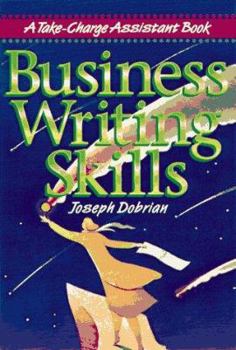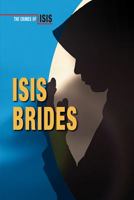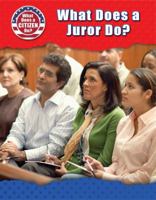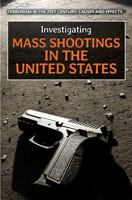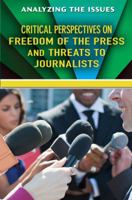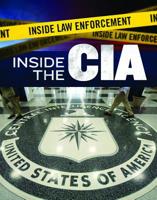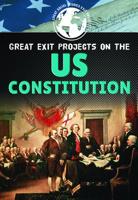Business Writing Skills (Take Charge Assistant Series)
Select Format
Select Condition 
Book Overview
Few things can hurt a reputation more than a poorly written letter or memo. Written in a refreshingly conversational style, this book makes anyone excited about picking up a pen or powering up a word processor to write clear, concise English. Through its dynamic language, numerous examples, and practice exercises, the book takes readers all the way from staring at a blank page to incorporating foreign words into text. This description may be from another edition of this product.
Format:Paperback
Language:English
ISBN:0814479731
ISBN13:9780814479735
Release Date:November 1997
Publisher:Amacom
Length:128 Pages
Weight:0.50 lbs.
Dimensions:0.4" x 6.0" x 8.9"
More by Bridey Heing
Customer Reviews
4 customer ratings | 4 reviews
There are currently no reviews. Be the first to review this work.











